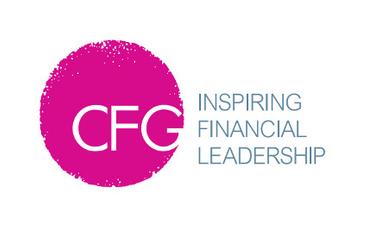The Charity Finance Group (CFG) has warned that proposed changes to accounting rules for charities could be “too onerous” for smaller organisations.
In March, proposals to update the Charities Statement of Recommended Practice (SORP) were issued, including the introduction of three tiers based on voluntary organisations’ annual income levels.
Tier one rules apply to charities with an income below £500,000, with tier two rules applying to charities with a turnover between £500,000 and £15m and tier three rules concerning charities with revenues over £15m.
In its response to a recently closed public consultation, CFG said that while it broadly welcomed the proposals, smaller charities within tier two would likely struggle to meet the requirements.
‘Micro-tier’ SORP proposed
CFG said the proposed thresholds “are set incorrectly, making the requirements too burdensome for tier one and smaller tier two charities”.
“The SORP is significantly longer than the previous one,” its response reads.
“We have concerns about the potential challenges this will create for smaller charities, particularly in identifying the sections they need to understand and apply the new requirements of the SORP.”
The membership body suggested producing a separate SORP for “micro-tier” charities with incomes below £10,000, consisting of “musts” only, to aid understanding and help reduce their administrative burden.
Like other respondents to the consultation, CFG also said there were “inconsistencies” between the reporting requirements proposed in the updated SORP and the audit thresholds for charities in England and Wales, which are also being revised.
“Our members have also raised concerns about the breadth of tier two,” CFG added.
“There’s a significant difference between a £500,000 charity and one with £15m of income, in terms of the complexity of their governance, their business model and operations, and their financial arrangements.
“Smaller charity members in tier two stated that they’d find it hard to navigate the requirements in the SORP and would find it potentially costly.”
‘Potential overreach’ on ESG requirements
Other proposals in the SORP include new and enhanced disclosure requirements in areas such as impact reporting, sustainability reporting and volunteers.
On impact reporting, CFG said it could be more difficult for smaller charities to obtain some of the data required to fulfil the requirements set out for tier two and three organisations.
“As with other requirements within the trustees’ annual report, those charities at the lower end of tier two suffer disproportionate requirements,” it said.
“We believe this adds weight to the argument for increasing the threshold at which this tier applies.”
In addition, CFG shared concerns that it was “potential overreach” to introduce additional environmental, social and governance reporting requirements.
“While encouraging charities to think in these terms is helpful, mandating reporting on these topics could prove to be onerous for those with limited resources, potentially diverting resources away from their charitable objects,” it said.
CFG also argued that proposed disclosures on volunteers could be disproportionate and “overly burdensome” for smaller charities in tier two, many of which would have to collect more information.
Related articles












